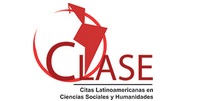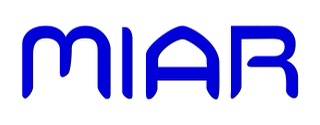Community and the School: Elements for the Debate on the Indigenous Community School
DOI:
https://doi.org/10.32870/dse.v0i13.235Palavras-chave:
Indigenous education, interculturality, community participation, knowledges, justiceResumo
Abstract: This article analyzes the experience of the Indigenous Community Secondary Schools of Oaxaca, Mexico, focusing on how alternative knowledge articulates with community and scholastic practices in everyday pedagogic activity. Although backed by official education agencies, the model emerged as a pedagogical alternative within Oaxaca’s movement for a community education based on the philosophical and ethnopolitical proposal of the community. Based on a lengthy ethnographic study conducted in one of the 10 Indigenous Community Secondary Schools in a Zapoteco town in the northern sierra of Oaxaca, this article evaluates some of the contributions, problematics, and limits of the projects which aim to build educational processes based on the right of native peoples to participate in the creation of educational systems that respond to their cultural, linguistic, and ethnic interests.
The Community Indigenous Secondary Schools approach this goal through participation, dialogue, and cultural reclamation processes that seek to achieve greater curricular, social, and cognitive justice in a context of historical inequality, discrimination, and social exclusion. In its attempt to go beyond the integrationist and assimilationist educational practices that have characterized indigenous education in Mexico, the model faces numerous tensions, including those between the construction of alternative epistemes and the reification or essentialization of identity and culture, between the appropriation of what is “foreign” and the resignification of what is “ours”, and those involved in the reflection on cultural hybridization. The articulations and resignifications of pedagogical, academic, and community forms become key in daily practice, as well as the flexibilization of learning spaces and times. Within this panorama, the model is successful in its search for more flexible, collaborative, and dialogic pedagogies. Key words: Indigenous education, interculturality, community participation, knowledges, justice.
Downloads
Downloads
Publicado
Edição
Seção
Licença
Esta obra está bajo una licencia internacional Creative Commons Atribución-NoComercial 4.0.
Una vez que los manuscritos son aceptados por los evaluadores para ser publicados, los autores deberán de suscribir una carta de cesión de derechos en favor de la Universidad de Guadalajara para la edición, publicación y difusión de su obra. Ya que sea notificada la publicación de su manuscrito, el editor de la revista le enviará un correo electrónico con el formato de la carta de cesión de derechos.















